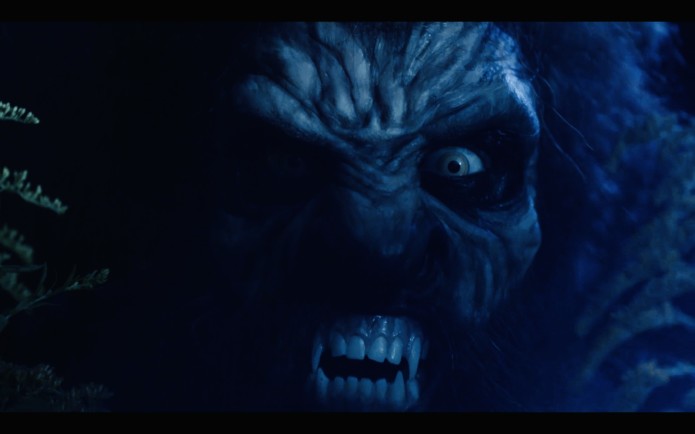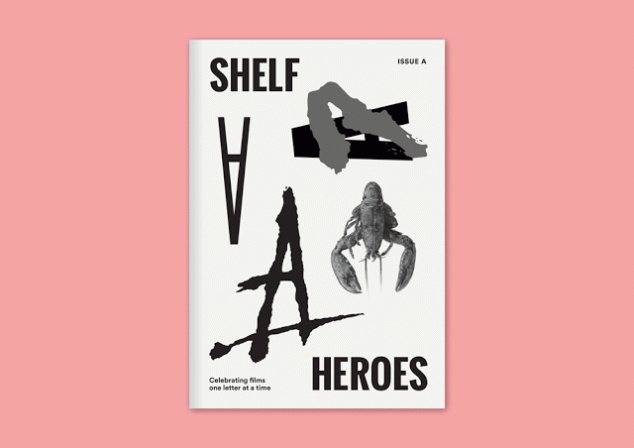“A linguistic energy, trivial and tireless, will triumph over my very memory.”
– Roland Barthes
The Fyre documentary documents the catastrophic failure of a luxury festival on a tropical island, featuring core contemporary storytelling mechanics – a three-act journey, interesting characters, glamorous settings, heroes and villains, and more.
It’s a compelling testament to how easily led we are when we think collectively, and how individual wills are subsumed by Billy McFarland’s transparent lunacy, best evidenced by the lengths one might go to to secure mineral water for thousands of punters, or that cheese sandwich. The interviews reveal a rather Arendtian banality of organisational and individual failure, as well as deception and fraud.
But behind all the chatter about McFarland’s chutzpah and the empathy with/schadenfreude at the interviews with the affluent punters who ended up stranded on Great Exuma, behind the commentary on the hollow power of aspirational marketing, behind even the brutal turmoil dumped on the innocent islanders, something got under my skin.
The problem with selling an idea
The documentary tells us people were sold a dream. A few blank tiles on instagram and a star-studded video was all they needed to sell thousands of tickets. It was an ingeniously delivered campaign, taking pure distillate of idea and turning it into cash. The only problem was that the transaction of ideas that couldn’t survive in reality. It was a thought experiment by and for millennials, asking us, exactly how much of the dream of wealth can we buy in a single transaction?
I have sympathy for the punters in the documentary, vapid as they clearly were. They’re rich yuppies, with no appreciation for the struggles the vast majority of people, emblematic of why wealth is so pernicious, sure. But Fyre was an affront to the basic values of their community – Wealth must be traded for experience, because those experiences define an individual’s value. Imagine: ‘You weren’t at Fyre? Oh you missed out, it was out of this world…’ It was out of this world, and you’re out of the club.
That dynamic is an amplification of something we all share.
FOMO
It’s there, undermining our agency, however rarefied the air of our community. We all have something we know we should read/watch/see/visit/taste/hear/play, from Malazan to an obscure paper on transcendental metaphysics only ever published in Latvia in the 18th century.
It’s a tyranny we impose on ourselves, one that we use to help navigate our subcultures. The anxiety of not having experienced everything my peers have drives me to engage further, to read more.
This means FOMO rests with the Other. Specifically, the other as an individual sees them. We have internal hierarcies of desire – say I want to read Machen before Ligotti before Harrison before VanderMeer. In the age of too much choice we inherently categorise our fears(OMO), both to understand ourselves and how we relate to our community.
Anxiety as a good thing
The beautiful thing is how we are using that anxiety to open things up. In publishing some are transforming FOMO into a frontier for cultural interaction, using the neurotic need to be the most knowledgeable to break open established ideas of what a narrative should be. You can see FOMO’s power in the strength of the counter-reactions to this exploration. The F is dominant, with deep-rooted insecurities being probed whenever we see anyone further out than us.
Say culture is a beach, those safe under an umbrella may react to the lone swimmer heading for the horizon with anger – How dare they endanger themselves? And endanger me if they need rescuing? No matter if that swimmer has seen a beautiul island, out of sight from shore, and makes it there with ease. From the beach, they’ve just taken a wild gamble, and left everyone else behind.
In the same way that within our communities wide gulfs can exist between individual members, between other communities it only gets worse. So yes, it’s easy to laugh at the fools with more money than sense, stranded in a disappointing reality as the label saying, Paradise, coming soon blows off in the wind. But we’ve all done it, assumed something had value because everyone else was doing it too.
Anxiety is, for me at least, about control. I’m perfectly happy on a rubber ring, floating in the sun and watching the swimmers pass back and forth across the archipelago, marvelling at the elegant bridges they decide to build when they arrive together. For me it’s as much about knowing who goes to each island as it is visiting myself. But that ease with missing out doesn’t come naturally, and having made the decision to let go of my FOMO doesn’t mean I always manage it.
No mo’ FOMO
This is what the Fyre documentary told me – it’s not our fears that create the problem, but how they are used against us. Primarily to sell things. It’s a fascinatingly sophisticated, but crushingly unimaginative trend. Ironically, McFarland’s delusion of grandeur is also a total failure of imagination.
Those orange tiles, shared by influencers on the payroll are the quintessence of satisfying desire as a transaction, and not an emotional validation. The image is taken for reality, our desires focusing on the expression of desire instead of what is desirous. That cheese sandwich is the deepest fears of the consumer age given form.
It doesn’t strike me as a sustainable direction of travel. The reversion to barbarism touched on in the documentary – thousands of affluent young people separated from all the power of their wealth, literally pissing out the borders of their territory – shows how the absence of a fulcrum destroys us. Without values to revert to, whilst the facts of their situation were tolerable, the shock of the change in context wasn’t.
The centre cannot hold because it was sold decades ago. Now, all too often, we trade in FOMO, using it to define daily interactions and choices, and how we navigate the world. But like all fears, unless we truly embrace and understand it, it can be our downfall.





